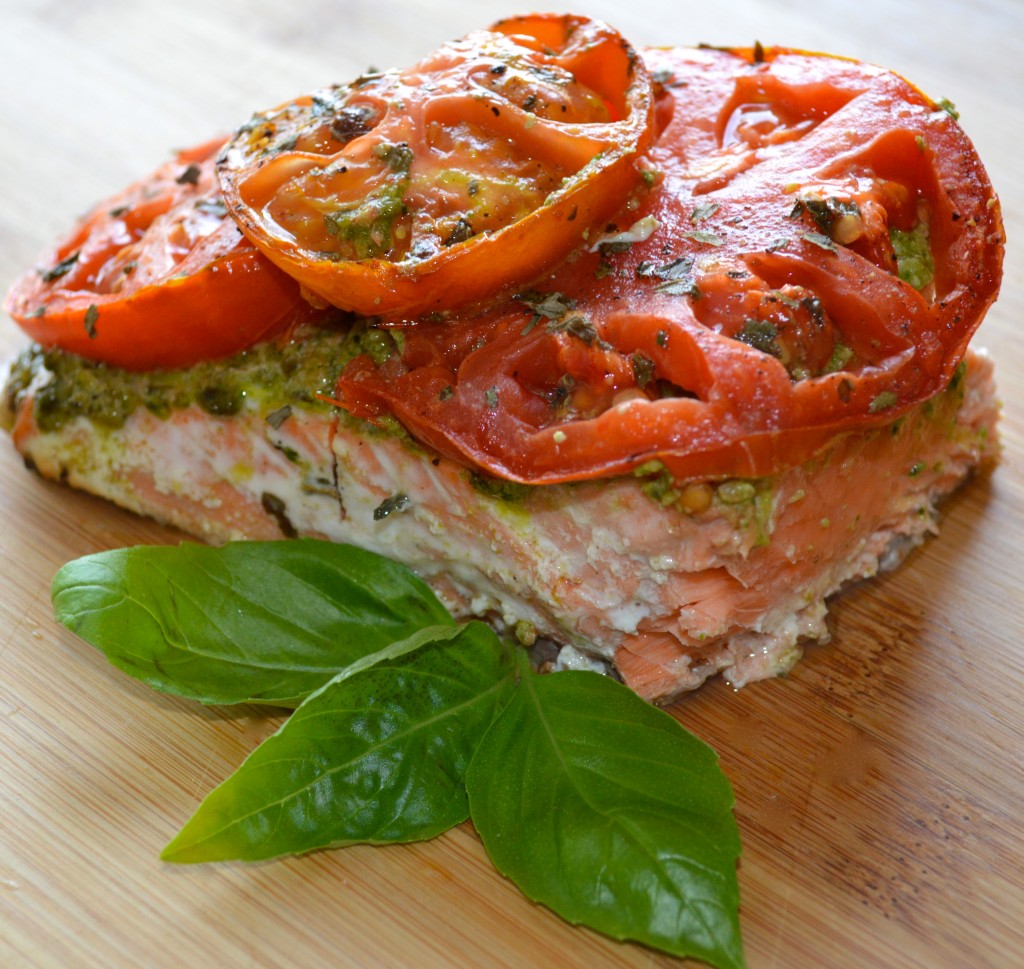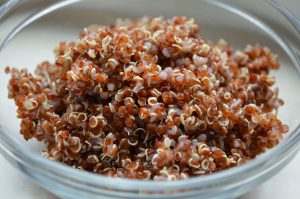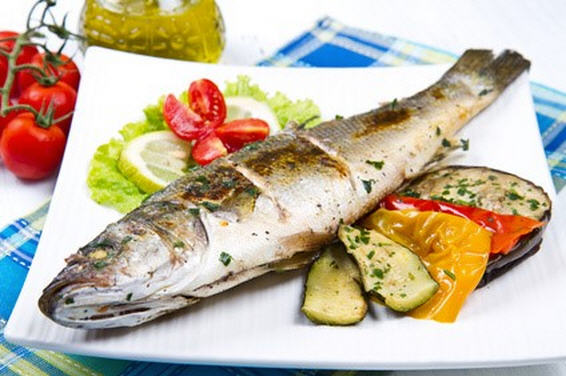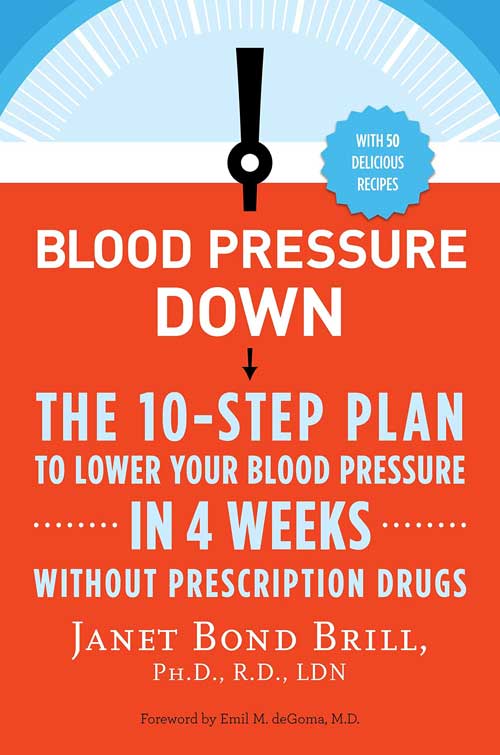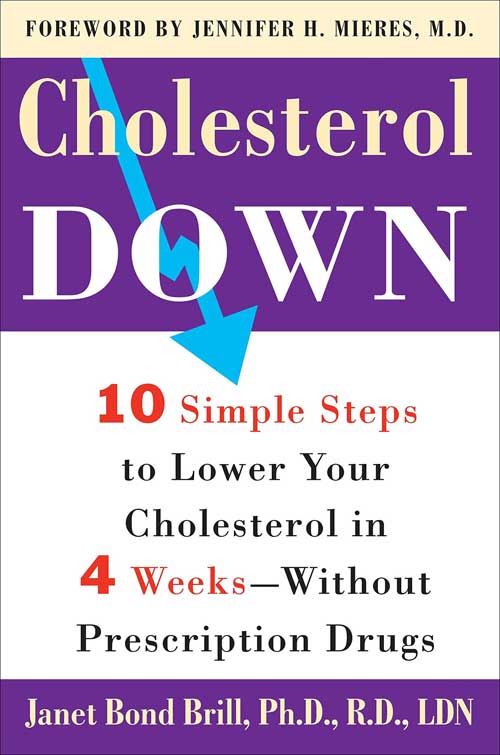By
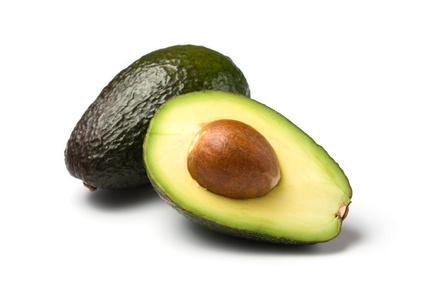

Silky texture, great flavor and a nutrition powerhouse! You gotta love those avocados.
Native to Central America and Mexico, avocados are also known as “alligator pears” because of their leather-like appearance and the texture of their skin. Mostly grown in tropical and Mediterranean climates, avocados differ in weight depending upon the variety.
Rich in vitamins and essential nutrients, avocados are considered one of the world”‘s healthiest foods. Let’s have a look at some of the benefits of adding avocados into your diet:
1. Heart Healthy food
Heart disease is the major cause of death in the USA. Some of the major contributing factors that increase risk of developing heart disease include leading a sedentary lifestyle and a dietary intake high in processed foods and “bad” fats.
Avocados are Mother Nature”‘s heart health medicine. They are rich in folic acid, and vitamin B6 that help regulate homocysteine levels in the blood. Avocados are also an excellent source of the antioxidant vitamin, vitamin E that helps prevent LDL cholesterol oxidization. Avocados are also high in the heart healthy “good” fat, the monounsaturated fatty acid called oleic acid, known to help promote cardiovascular health and prevent heart disease.
2. Reduce cholesterol
Avocados contain a phytosterol compound known as beta-sitosterol that has been shown to be effective in lowering cholesterol (LDL). This pear-shaped green skinned fruit is also great source of potassium – the spectacular blood pressure lowering mineral superstar.
3. Good for eyes
The presence of the carotenoid lutein in avocados helps protect your eyes against cataracts and age-related macular degeneration–the leading cause of blindness in older Americans.
4. Regulate blood sugar levels
Avocados are rich in soluble fiber, the type that helps maintain blood sugar levels. Avocados also contain a nice amount of soluble fiber–the kind of fiber that contributes to digestive health.
5. Keeps skin healthy and nourished
Avocados are rich in monounsaturated fats, vitamin E, vitamin C and many other nutrients that are great for the skin. The monounsaturated fats keeps your skin nourished and soft; vitamin C helps maintain the elasticity of your skin and vitamin E protects against sun exposure thereby staving off wrinkles and premature aging.
Avocados can be used in a variety of different ways in your heart healthy recipes. Try adding some to your smoothie for a creamy texture and to boost nutrition, slice some up for your salad or use creamy, ripe avocado in lieu of butter as a sandwich spread.
Dr. Janet”‘s Fresh Avocado Dip (Guacamole)
Recipe excerpt from Dr. Janet”‘s book: BLOOD PRESSURE DOWN: the 10-step program to lower your blood pressure in 4 weeks–without prescription drugs(Crown/Three Rivers, May 2013)

Serve as a dip with fresh veggies or whole wheat pita chips.
- 2 cups chopped avocado (from 2 medium avocados)
- 1/4 cup chopped fresh cilantro
- 1 tablespoon lime juice
- 1/4 teaspoon garlic powder
- 1/4 teaspoon ground cumin
- 1/2 teaspoon salt-free seasoning
- 6 drops hot pepper sauce
Mash the avocado in a bowl with a fork until desired consistency. Mix in the cilantro, lime juice, garlic powder, ground cumin, salt-free seasoning, and hot pepper sauce. Serve immediately.
Yield 1 1/2 cups
Serves 6
Nutrition per 1/4 cup serving:
Calories: 98 kcal
Sodium: 6 mg
Potassium: 301 mg
Magnesium: 17 mg
Calcium: 9 mg
Fat: 9 g (EPA 0g, DHA 0g, ALA <1g)
Saturated Fat: 1 g
Cholesterol: 0 mg
Carbohydrate: 5 g
Dietary fiber: 4 g
Sugars: <1 g
Protein: 1 g




